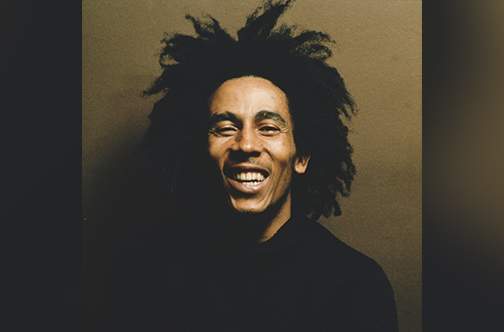Today, the Jamaica Observer’s Entertainment Desk is marking 38th year of the passing of reggae king Bob Marley. Marley, 36, died on May 11, 1981 in a Miami hospital. He would have been 74.
Clinton Lindsay was settling into his first job after graduating from New York Institute of Technology, when he heard news that Bob Marley died on May 11, 1981.
The reggae superstar succumbed to cancer, at age 36, at Cedars of Lebanon Hospital in Miami.
“At 10:10 am, I took my coffee break…I was listening to R&B station 1600 WWRL, and when I got back from the bathroom, WWRL was playing Is This Love. But after Is This Love, they started playing Roots Rock Reggae and immediately I knew something was wrong, (because) WWRL does not play back-to-back Marley during the week,” Lindsay recalled. “After Roots Rock Reggae, DJ Gerry Bledsoe said, ‘Again, we announce the passing of reggae artiste Bob Marley’.”
Lindsay said he was so shaken by the news, he asked his supervisor for an early lunch break. He remembers going to Grand Central Station to reflect on Marley’s life.
Like many Jamaicans and West Indians who lived in the tri-state area (New York, New Jersey and Connecticut).
Lindsay considered Marley a hero. He had been to several of his shows in New York, including three of five dates at the Apollo Theater in Harlem, in October 1979.
The Rastafarian artiste was on the verge of a commercial breakthrough in the United States, when he was diagnosed with life-threatening cancer in September 1980.
After cancelling his US tour that same month, Marley headed to Germany for radical treatment. When his condition deteriorated, he went to Miami where he owned a home, and eventually died.
Lindsay remembers coverage of Marley’s death in the tri-state region.
“All major radio and TV stations carried the news, Bob was a superstar in the tri-state area. It was a very sad moment for everyone, black and white, Caribbean and other immigrants,” he said.
Eighteen months after Marley’s death, Clinton Lindsay made his debut as a broadcaster on WHBI (later WNWK 105.9 FM). He became a force in New York radio that decade and remains one of the best-known West Indian Disc Jockeys in New York. He currently operates the Foundation Radio Network.










